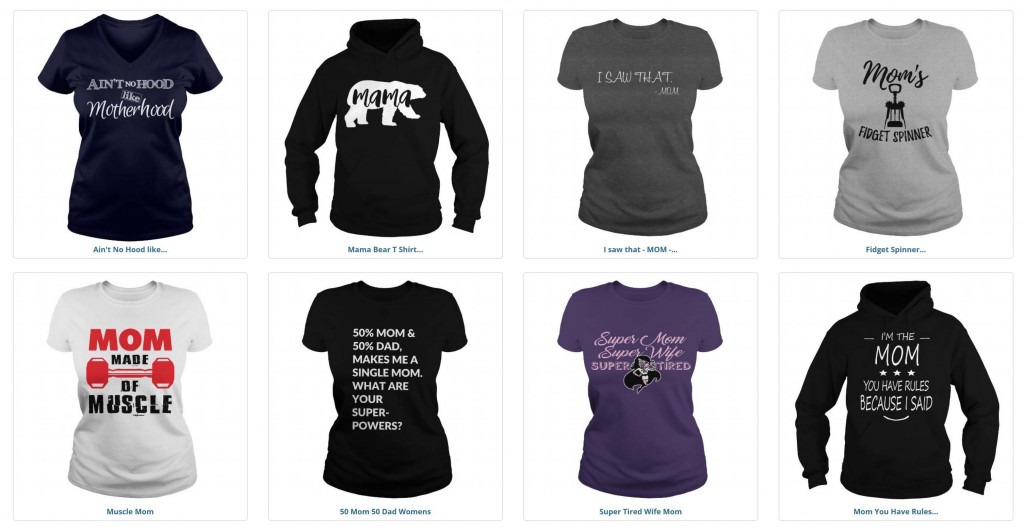The Benefits of Storytelling with Children
From babyhood to the early teens, children love to hear a good story. This is one of those beautiful situations where what your children love is truly good for them. Children benefit a great deal from storytelling.
Without the use of books, telling stories takes on a different dimension. It offers a new way of looking at stories and is reminiscent of the old radio days, when families gathered around the radio to listen. But storytelling with a live human doing the telling can be quite compelling.
How, exactly, does storytelling benefit children? Here are some possible ways in which this ancient medium can have a positive impact.
Language Skills
As young children listen to a storyteller, they are hearing inflections in speech and are hearing words presented in a compelling and fascinating way. Older children can expand their vocabulary and learn drama skills that may serve them well if there is an acting career in their future.
Storytelling also presents certain literary devices in a demonstrative and memorable way. Children will see and hear the building of plot, characterization, climax, conflict, conclusion, etc. Perhaps rhyme or poetic prose will be used to tell the story, allowing children to hear the way the language sounds and how that can add to a story.
Memory
Without books or illustrations, children have to remember key points of the plot and character names. This is an excellent exercise in memorization skills, and it also may help guide children when they wish to write a story of their own.
New Worlds
Storytelling opens children’s minds to other cultures and life philosophies; it develops the inner world of imagination and creative thinking. Children tap into that wonderful imaginative mind of theirs are they provide their own images to the plot. Storytelling is also a way to bring history alive and inspire further exploration of historical events.
So What Do You Tell Stories About?
If you want to engage in storytelling for children, you can come up with your own story or re-tell an old one that you heard growing up. Your own children might love to hear stories about their babyhood, or even about what it was like to be pregnant with them. Research your family background and find an interesting ancestor who lived an interesting life or experienced an unusual event. They will discover much about themselves this way, too.
If you are telling stories to a group of kids who aren’t all your own, stories about life in the past, in other cultures, or animals make good stories. Telling things from a unique point of view will get children to think about what life is like for others, a good precursor for developing empathy.
Storytelling connects. It connects children with history, families, and each other.


